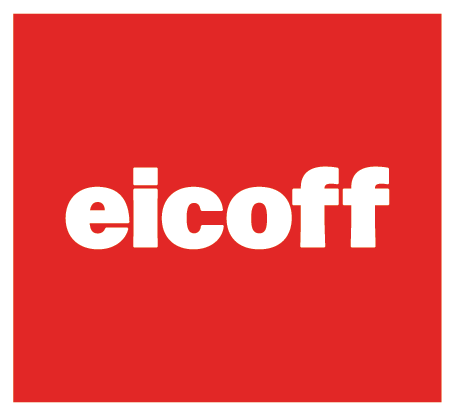Coming soon to Facebook Watch: sponsored shows
Author: Sahil Patel Source: Digiday
Facebook Watch is barely out of the gate, but publishers are already trying to sell advertisers on sponsored shows on the fledgling video-viewing platform.
Business Insider’s lifestyle brand Insider, for instance, has already premiered two shows for Watch, including “The Great Cheese Hunt” and “It’s Cool, But Does It Really Work?” Insider is now talking to advertising clients about developing shows that advertisers pay for and distribute inside the Watch environment. Other publishers that Facebook is paying to make shows for Watch also said branded shows are part of their game plans for Watch. This includes news and issues publisher Attn, which has two shows so far on Watch; and food video giant Tastemade, which is creating six shows for the platform.
“We’re excited to do this type of work for clients and use all of the same data that we used to come up with our Facebook series,” said Insider’s editor-in-chief Nicholas Carlson. “We’re already out in the market talking to clients about great series ideas that they want to bring to life.”
One agency executive said he’s had “more serious” conversations with about 10 Watch content partners about doing branded shows. Several clients, too, have expressed interest in doing branded shows for Watch, he added.
For its part, Facebook confirmed that it doesn’t plan on restricting publishing partners from putting branded shows on Watch — especially since Facebook’s long-term plans for Watch aren’t to underwrite every show that’s distributed through the platform. A Facebook spokesperson said Watch creators will have the option of distributing sponsored shows by using Facebook’s branded-content tag. Right now, branded content on Facebook can’t feature ad breaks, which Facebook is testing with a limited number of media partners.
No deals are in place yet, but with Facebook expected to roll out Watch more widely in the U.S.beginning this weekend, it’s unsurprising that publishers would want to involve advertisers. Facebook plans to run mid-roll ads inside Watch, which content partners won’t see revenue from until Facebook has recouped the production costs for the shows. Branded shows paid for by advertisers offer another revenue stream in this environment.
“We have extensive, ongoing interest from partners wanting to work with us on Facebook, period,” said Matthew Segal, co-founder of Attn, which has worked with advertisers such as Ford and HBO. “I don’t see why that would preclude Watch.”
One publishing executive, requesting anonymity, said he’s also considering sponsorship and product-integration opportunities within future installments of shows Facebook currently funds. It’s not clear if Facebook would fund future episodes of every Watch show it’s already paid for, which means this exec wants to leave the option open for an advertiser to come in and underwrite the costs of additional episodes.
“What Facebook has been explicit about is that in the second run we can sell [the shows] to whomever we please and even do brand integrations,” Segal said. “That’s something our sales team is actively in the market on.”
Facebook has exclusive “first run” rights — two weeks of exclusivity, sources said — to the shows it’s already paid for, after which the publishers can distribute the content on other platforms. (This is different from Facebook’s TV shows coming out later this year, which Facebook would fully own the rights to.)
But with Facebook’s audience size and the fact that Watch offers an environment in which advertisers can be alongside professionally-produced content, advertisers are considering doing branded shows.
“We’ve already talked to Facebook, clients and some [Watch] partners about the possibilities [in branded shows],” said Noah Mallin, head of social at MEC North America. “It’s compelling, and most of that comes down to Facebook’s scale. If they truly want to make something like [Watch] happen on their platform — and it’s clear that they are taking this pretty seriously — there’s no reason marketers shouldn’t take it seriously. It’s just a question of integrating it in a way where the content is discoverable.”


